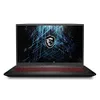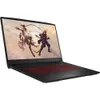The top 3 features we want to see on AI gaming laptops
What can an AI gaming laptop do for you?
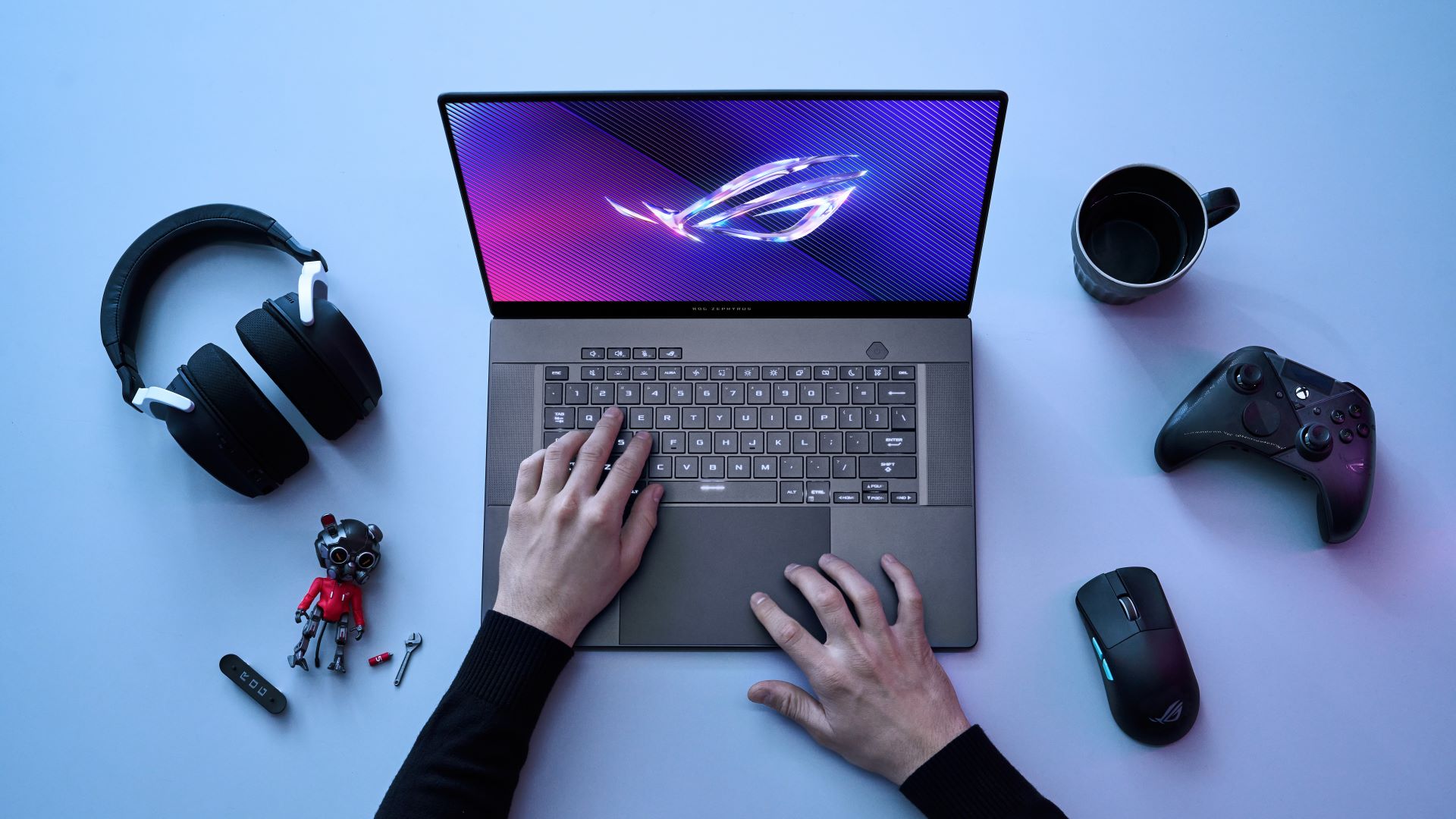
Sign up to receive The Snapshot, a free special dispatch from Laptop Mag, in your inbox.
You are now subscribed
Your newsletter sign-up was successful
The era of AI gaming laptops is here, but whether it will last is still up in the air. The first gaming laptops with AI chips from AMD and Intel were announced at CES 2024, featuring a range of AI tools and enhancements. Some promise better cooling while others boast improved graphics or built-in generative AI capabilities.
Only hands-on testing will show whether AI gaming laptops live up to the hype. However, there is a lot of potential for AI to offer real improvements.
Here’s a look at the top features we want to see on AI gaming laptops.
AI hardware acceleration
Hardware improvements are one of the most common AI features in the first wave of AI gaming laptops. We already got a peek at this on the software side over the past couple of years with tools like DLSS 3 and 3.5, which use AI-generated frames to improve FPS. It would be great to see this trend continue and expand with the addition of AMD and Intel’s new AI chips.
This is one area where gaming laptops could use some help. They tend to run hot, which makes it even harder to maximize performance. If AI chips could tweak cooling in real-time or offload tasks from the CPU or GPU, that could give gaming laptops a performance boost by preventing overheating.
Sign up to receive The Snapshot, a free special dispatch from Laptop Mag, in your inbox.
Reducing strain on the CPU and GPU would also free up processing power. Ideally, the AI chip or NPU would take over certain tasks when CPU or GPU usage is high, effectively getting more power out of those components.
Some of the new gaming laptops announced at CES 2024 are introducing features like this. For example, Lenovo’s LA AI chips automatically fine-tune performance in games to maximize FPS. They can dynamically adjust heat management to keep temperatures as low as possible so you can minimize throttling, even in demanding games.
Other brands are leveraging the processing power of AI to improve performance in graphics-intensive apps. The 2024 ASUS ROG Zephyrus G16 features an Intel Core Ultra 9 CPU that uses AI to run tasks like video editing or 3D rendering more efficiently. Hopefully that same technology also improves graphics rendering in games.
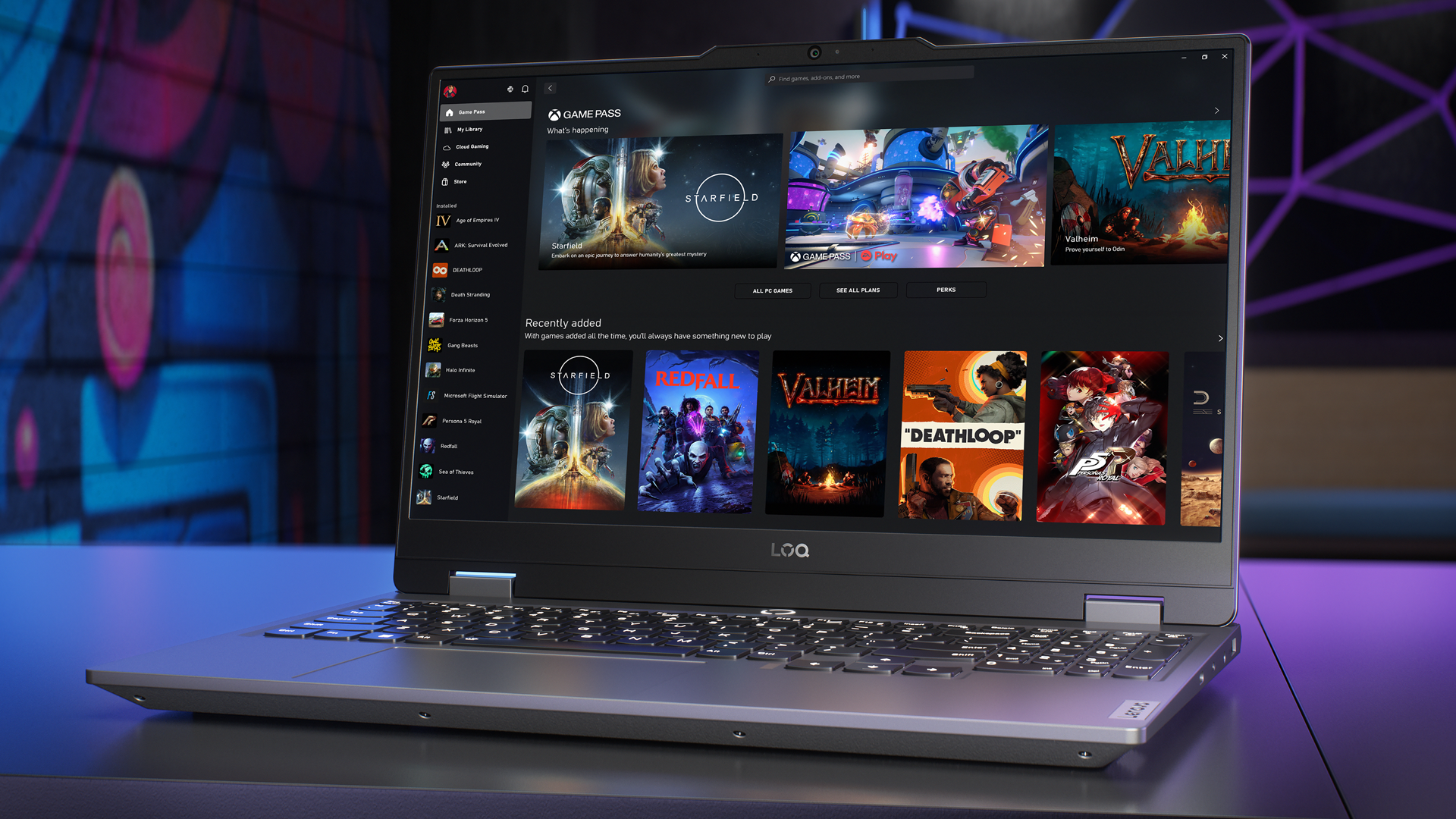
Built-in performance tracking and cheat detection
Wouldn’t it be cool to have a personal trainer to help you get better at your favorite games? This is one feature I would love to see on AI gaming laptops. Machine learning is great for detecting patterns, so why not use it to help gamers analyze their performance directly on their device?
An AI game performance tracker could monitor metrics like clicks per second, keystrokes, accuracy, score averages and more. By analyzing your performance data, the AI could tell you if you’re spamming a certain key or need to turn down your mouse’s DPI.
Of course, maximizing the potential of an AI game coach would rely on cooperation with game developers, but it would still be a cool feature to see in this new wave of gaming laptops.
In a similar vein, AI gaming laptops could potentially help address the growing cheating problem in online gaming. Cheating tools continue to get more advanced and better at evading existing anti-cheat programs. AI could analyze players’ behavior to spot cheating even when someone is using a cheating tool that flies under the radar.
With AI chips, this behavioral analysis could happen locally on individual players’ devices. Plus, the AI could build up a unique profile of a player’s typical behavior and performance to compare against new data.
So, if a player started using a cheating tool, the AI on their laptop could spot the significant difference in their performance patterns and flag it as cheating.
Like the AI game coach, this would also require collaboration with game developers. So, it might take some time to see AI cheat detection become a reality, but AI chips and NPUs do have the processing power to make it a possibility.
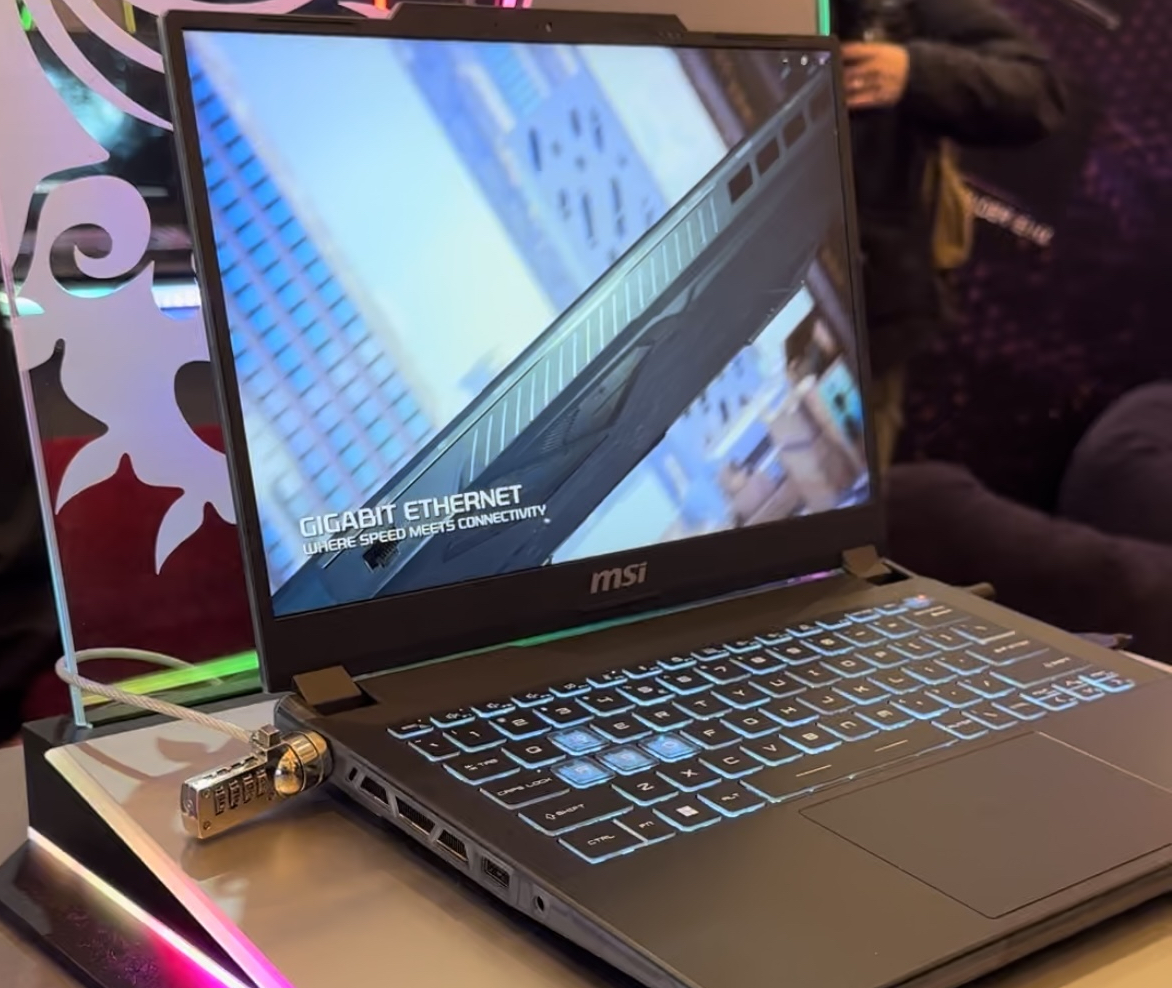
Automated troubleshooting
It’s always frustrating when you run a troubleshooting tool on your laptop only for it to tell you it doesn’t know what’s wrong (kind of defeating the purpose of a “troubleshooting” tool). Even when the troubleshooter does work, it can be a hassle to figure out how to fix whatever issue it spots.
It would be really convenient if AI gaming laptops could automate this whole process. AI is great at pattern recognition, so it could potentially identify issues before you do and suggest fixes right away.
Rather than trying to match up error reports with how-to guides in troubleshooting forums, the AI could just run a diagnostic test, analyze the data and identify the problem for you.
Outlook
AI gaming laptops are still in their early stages, so it’s hard to say whether AI chips are a big innovation or just hype. There are definitely some features that would be great to see on these laptops if possible, though. AI chips have the potential to give gamers some real improvements in performance and functionality.
Right now, it looks like brands are focusing on graphics improvements and hardware optimization, both of which could give AI gaming laptops a performance boost — if these features work.
Once we test this first round of AI gaming laptops, we’ll have a better idea of how they compare to devices without those AI chips and NPUs, so stay tuned for our full benchmarks and reviews.

Stevie Bonifield is a freelance tech journalist who has written for PC Gamer, Tom's Guide, and Laptop Mag on everything from gaming to smartwatches. Outside of writing, Stevie loves indie games, TTRPGs, and building way too many custom keyboards.


